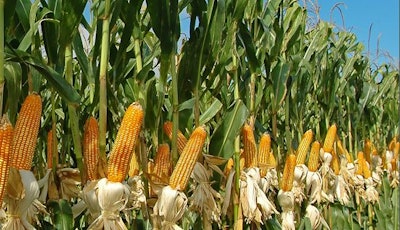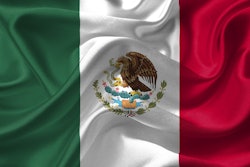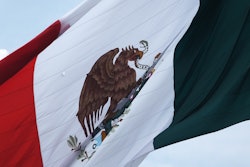
Smithfield Imports Corn from Brazil to the U.S.
Archer Daniels Midland (ADM) is selling Brazilian corn to Smithfield Foods in the United States, where wet weather has reduced plantings.
Smithfield owns port facilities on the U.S. east coast and occasionally will import corn and wheat because of the cost of shipping grains from the domestic corn-belt can be less economic.
Smithfield Foods likely ordered between 5 and 10 corn shipments from Brazil, which are expected to be loaded onto ships between September and January.
Paraguay and Argentina are also shipping corn to the United States, with around 1 million MT under contract for shipment from South America to the US.
What It Means for the U.S. Farmer: We believe that U.S. importing corn from Latin America is bearish and signals that commercial end users could be hastening their search for cheap corn. While Smithfield has a reputation of “innovative” procurement tactics, at FBN we believe that importing corn into the U.S. is a unique business activity and not the norm.
China to Import Remainder of U.S. Soybeans; Will Add to Reserves
China will stockpile up to 7 MMT, 257 million bushels of soybeans bought from the U.S. during an earlier truce in the trade war rather than crush them for immediate sale as a feed ingredient.
The move to store such large volumes of the U.S. oilseed comes as China faces the specter of a drawn out trade conflict with its second-largest supplier of the commodity after tensions between the two escalated abruptly last month.
China bought about 14 MMT of U.S. soybeans in December as part of the truce in the trade spat between the world's top two economies.
China, the world's top soybean buyer, had already sharply reduced imports from the United States after setting a 25% duty on such cargoes last July in response to earlier tariffs on Chinese goods set by Washington.
To offset the decline in U.S. imports, China stepped up buying from Brazil and other countries.
What It Means For The US Farmer: At FBN, we believe that China’s decision to purchase should be met with caution. We believe that the news is positive and has the ability to help clear some of the outstanding export sales and help stabilize a growing 18/19 carry-out.
The risk of trading futures, hedging, and speculating can be substantial. FBN BR LLC (NFA ID: 0508695)














